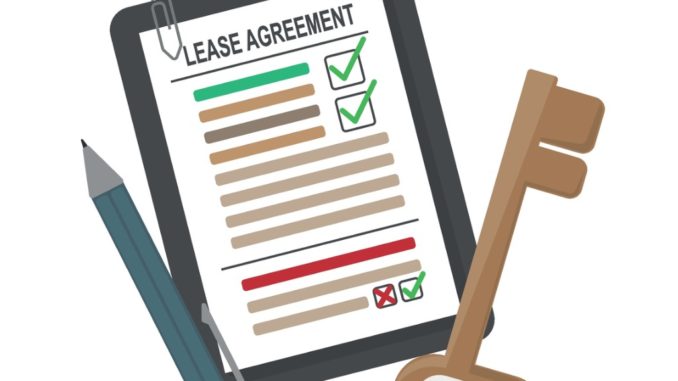
Complex legal documents can test your time and focus, and leases are no exception. Here, we have compiled a quick guide to help you understand the basics of leases
What is a lease?
A lease is a crucial contractual document where the owner of a property or land grants exclusive possession of that property or land to another person (the tenant or lessee) for a fixed or periodic term, at a specific rent.
It is important as it sets out the rights, obligations and restrictions which benefit and bind you in your use of a premises. The terms of your lease is what will be considered if you have a dispute with your landlord.
There are three fundamental aspects of a lease:
- The tenant must have exclusive possession of the premises (the right to use a premises to the exclusion of all others, including the landlord).
- It must be for either a fixed or periodic term; this is usually in line with how often you pay rent.
- The payment of rent.
Specific considerations for GPs
If you lose your core contract, you will lose your entitlement to claim reimbursement. If this happens, you should have the option to break your lease.
Be aware that what is payable under your lease may not mirror what you can get reimbursement for. You need to ensure that the sums you are required to pay reflect reimbursement, and be clear on the shortfalls. Where shortfalls exist – for example, in connection with services charge payments – consider the need for financial caps.
You should take account of changes in the hours or ways in which you may decide, or be required, to operate your practice in the future. Consider the need for flexibility if mergers, networks, vanguards or other new ways of working may become a possibility.
Registering at Land Registry
If you are granted a lease for a term of more than seven years the lease must be registered at Land Registry. On registering the lease, you will be allocated a Land Registry title number unique to the leasehold interest you have been granted. The associated details of your leasehold interest, in particular the lease itself, will be stored centrally and available for public inspection. The process of registration will involve you or your professional adviser in completing the appropriate Land Registry form.
The HM Land Registry website has practical guidance. Practice Note 25 could be particularly useful as it has details on leases, and when to register them.
Stamp duty
Subject to the exemptions below, when you are granted a lease you are required to submit a stamp duty land tax return (known as form SDLT 1) and pay the tax. The rate of tax depends on the value of the rent you pay over the term of the lease (known as the ‘net present value’) and the premium or consideration you pay for it. Use the online calculation tool to work out how much you will pay.
Where the terms of a lease provide for a rent review within the first five years the rent is, for the purposes of HMRC and the calculation of SDLT, deemed variable and uncertain at the date of grant.
Once the review has taken place it may be necessary to submit a further SDLT return and pay a top-up amount.
Exemptions from stamp duty
There are two main exemptions which apply to leasehold premises:
- SDLT (stamp duty land tax) is NOT payable when you take a lease for a term of seven years or more when the premium paid for the lease is less than £40,000, and the rent is less than £100 per annum.
- SDLT is NOTpayable when you take a lease for a term of less than seven years where the chargeable consideration is less than the SDLT threshold – currently £150,000 for non-residential premises.
Chargeable consideration includes any premium and the net present value of any rent payable in respect of the lease. To work out the net present value based on the average rent over the life of the lease, you can use the SDLT calculator.
What else to consider
Always take advice from professional advisers to ensure the proposed lease covers all the sector-specific intricacies, as well as your requirements, before you enter into it.
As well as negotiating and agreeing the lease, professional advisers can, where appropriate, carry out checks and searches against the premises that you are seeking to lease. These are similar to the checks that would be undertaken by a solicitor when acting for you in buying a house, and would reveal the same sort of information, eg:
- title investigations – carried out against your landlord’s title to the premises, to make sure they are entitled to grant you the lease;
- property searches – including environmental searches, drainage searches and searches of the local authority (to cover planning issues, etc).


Be the first to comment